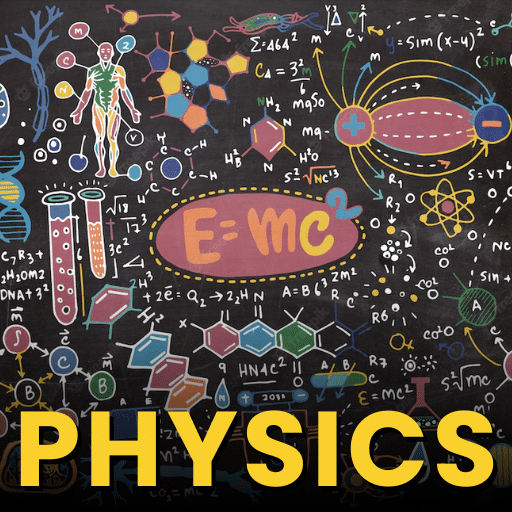Best Study Material for Electrical Engineering (EE) Exam
Electrical Engineering (EE) Exam > Electrical Engineering (EE) Notes > Cohen Coon Technique of Controller Tuning
Cohen Coon Technique of Controller Tuning - Electrical Engineering (EE) PDF Download
Cohen-Coon technique of Controller Tuning
It is observed that the response of most of the processes under step change in input yields a sigmoidal shape (Fig. IV.13 ).
Such sigmoidal shape can be adequately approximated by the response of a first order process with dead time. 70
From the approximate response it is easy to estimate the parameters. The controllers are designed as given in Table IV.5.
The document Cohen Coon Technique of Controller Tuning - Electrical Engineering (EE) is a part of Electrical Engineering (EE) category.
All you need of Electrical Engineering (EE) at this link: Electrical Engineering (EE)
FAQs on Cohen Coon Technique of Controller Tuning - Electrical Engineering (EE)
| 1. What is the Cohen Coon technique of controller tuning? |  |
| 2. How does the Cohen Coon technique work? |  |
Ans. The Cohen Coon technique works by first performing a step test on the system, which involves introducing a step change in the input and observing the response of the system. The data from this test is then used to calculate the ultimate gain and ultimate period of the system. These values are then used in formulas to determine the controller parameters.
| 3. What are the advantages of using the Cohen Coon technique for controller tuning? |  |
Ans. One advantage of using the Cohen Coon technique is that it is relatively simple and straightforward to implement. It also provides a good starting point for tuning control systems and can often result in satisfactory performance. Additionally, the Cohen Coon technique does not require a mathematical model of the system, making it applicable to a wide range of processes.
| 4. Are there any limitations or drawbacks to using the Cohen Coon technique? |  |
Ans. Yes, there are some limitations to the Cohen Coon technique. One limitation is that it assumes the system is approximately linear and stable. If the system exhibits significant nonlinearity or instability, the results obtained from the Cohen Coon technique may not be accurate or reliable. Additionally, the technique may not be suitable for systems with long time delays or complex dynamics.
| 5. Can the Cohen Coon technique be used for all types of control systems? |  |
Ans. The Cohen Coon technique can be used for both simple and complex control systems. However, it is most commonly applied to systems with first-order or second-order dynamics. For higher-order systems or systems with significant time delays, alternative tuning methods may be more appropriate. It is always recommended to consider the specific characteristics of the control system before deciding on the tuning method to use.
Download as PDF
Top Courses for Electrical Engineering (EE)
Related Searches
























